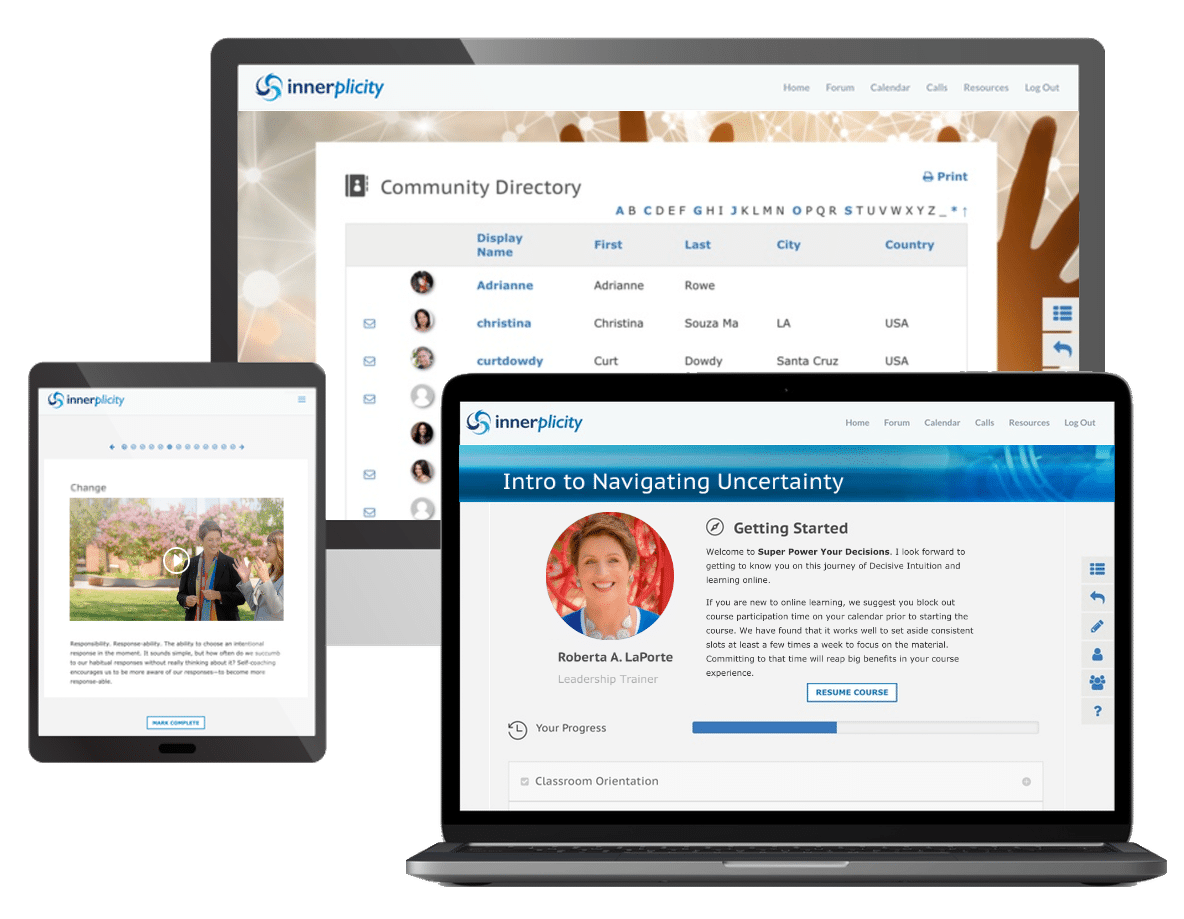No Results Found
The page you requested could not be found. Try refining your search, or use the navigation above to locate the post.
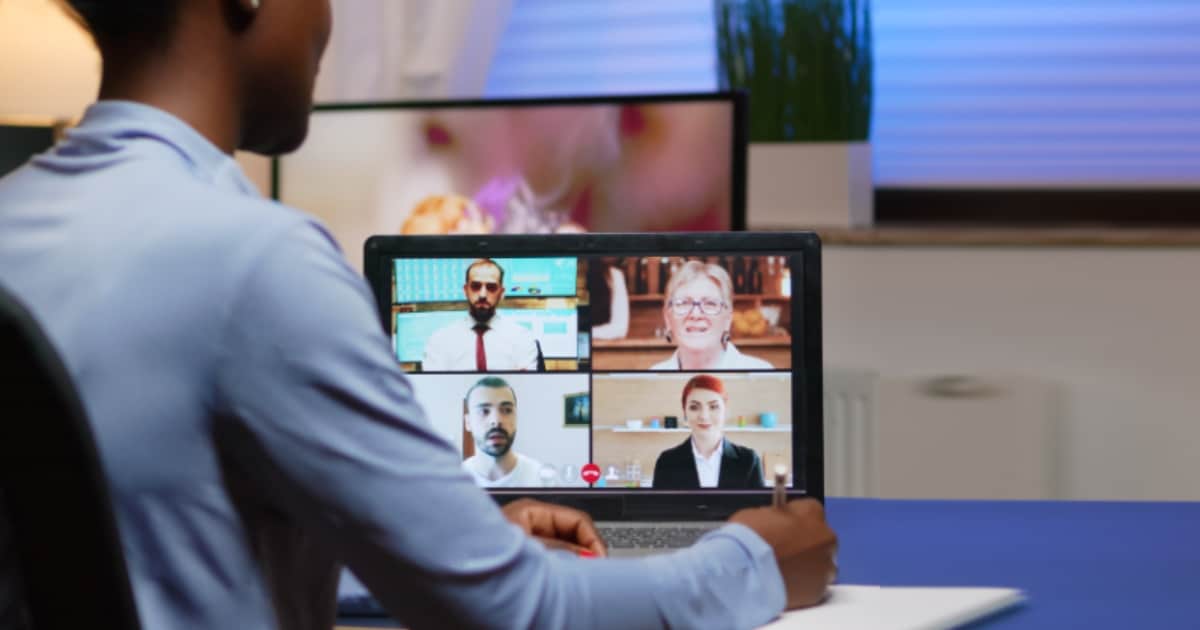
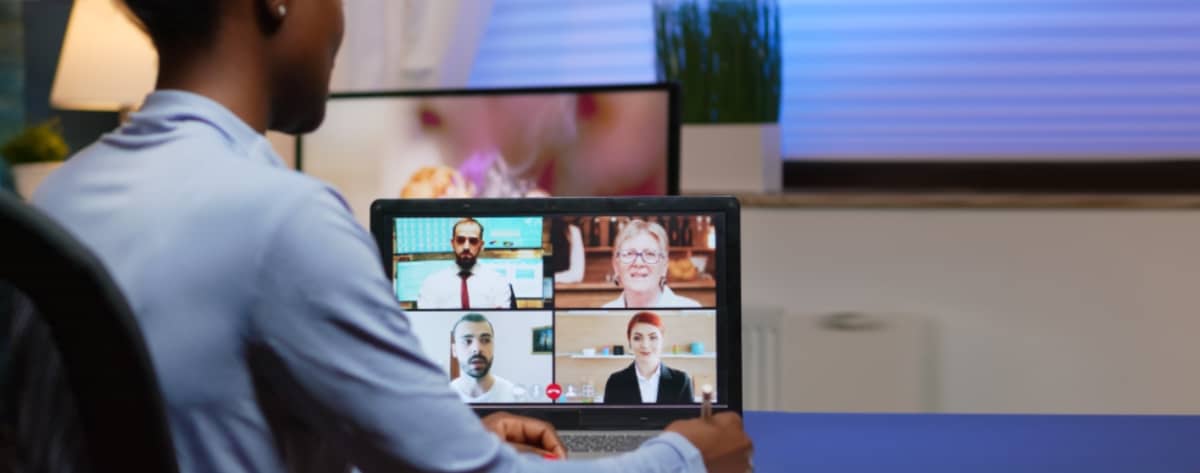
The global pandemic has completely changed the way we work. Many businesses have been forced to work remotely, and some now say that they are just as effective, are saving costs, and are therefore re-thinking the whole point of even having a central office in the first place. How we do everything is being re-examined.
Some of the chief concerns for managing remotely are:
Learning to develop and trust your intuitive skills has never been more important for leaders. Building these skills strengthens the ability to sense what’s happening with your team from a distance, read body language on video, anticipate team or customer needs, and ask powerful questions to develop closer relationships, build trust, and deepen communication.
It’s actually possible to feel more connected to your team by putting your attention on some key areas. Namely:
1. Let your curiosity lead. Acknowledge that you don’t know their full story. What are your employees experiencing at home with potential child care, new stressors and uncertainty? Can you lead with a coaching mindset of asking, listening and supporting them to perform at their best by helping to remove obstacles in their way?
2. Trust your spidey-sense. If you get a hunch to reach out to a team member who may be in new or unfamiliar circumstances, follow through on your inclination. So often, when we don’t trust our inner signals that are broadcasting throughout the day, we miss out on key opportunities to be more connected in real time.
3. Focus on outcomes, manage expectations, and be flexible! Instead of micromanaging how and when work gets done, take a step back, clarify and communicate expectations up front. Then manage toward the overall outcome. This puts less pressure on you and your team as you can now manage the result you are after.
Very few people actually understand what intuition is and isn’t. With this in mind, I have developed a self-paced online course so that you can identify and activate your internal guidance. Intuitive messages provide crucial information to complement other decision-making signals found in data and even in emotions.
Please join me if you’re ready to super-power your decision-making and leadership of any kind of team, remote or otherwise. Often teams go through this course together, thus enhancing their collective decision-making skills, so please inquire about group discounts.
Rick is the author of Decisive Intuition, and the Founder and CEO of Invisible Edge, an international consulting firm that develops intuitive intelligence for leaders and teams for more effective decision-making, sales, leadership and innovation.
The page you requested could not be found. Try refining your search, or use the navigation above to locate the post.
EMOTIONAL AGILITY A SKILL FOR OUR TIMES AGILITY: The ability to think and act quickly. Flexibility...
ONE LONG EXHALE IN YOU, ONE GIANT LEAP IN YOUR RESONANCE I invite you to let out a long, slow...
Six steps to intuitive, high-stakes decision making. Learn what intuition is and isn’t, how to cultivate it, and how to use your intuition for better, faster decisions in the workplace.
7-Weeks Online
6hrs Est. Course time
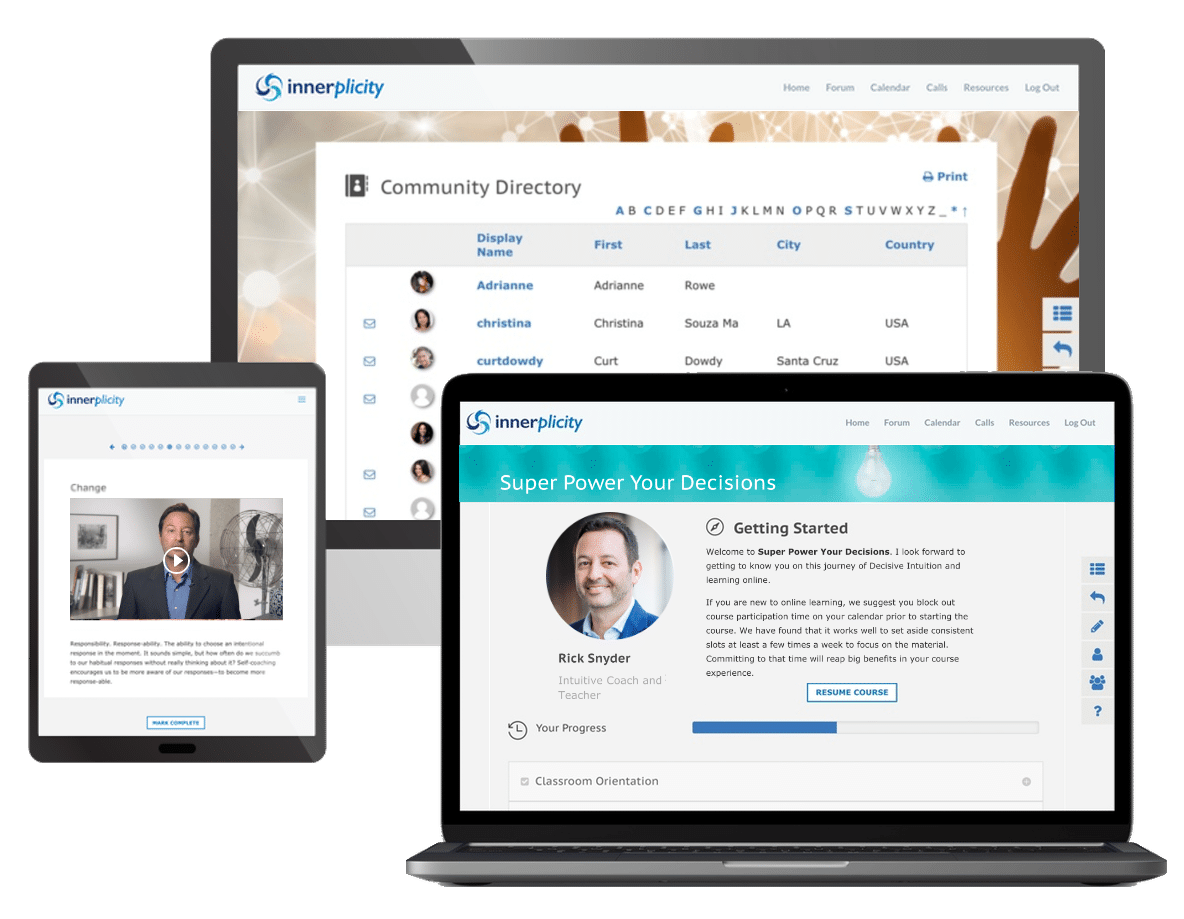

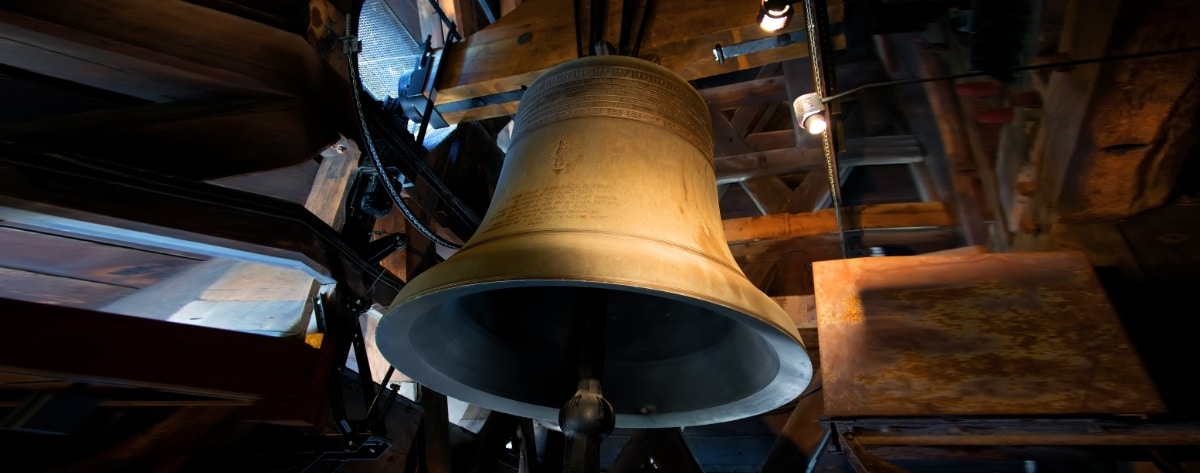
The peal of church bells or the successive reverberations of a great temple bell: such are the traditional rings that have announced the New Year for countless generations. And why a bell? Because we figured out a long time ago that you could turn a little signal into a big one – worthy of heralding a big event – by shaping metal into a circle and striking it. Early on, we didn’t know the science, but we do now: energy travels in waves and, when you fashion a container where the waves can add up, you get an amplifying form of resonance. Yet the ring is destroyed if the bell develops even the tiniest crack and is muffled by anything stuffed into it.
These same principles apply to you and me. Resonance is a universal principle underlying how energy becomes matter and how all energy and matter change form. We don’t normally think of our mind and body as a resonating instrument, and yet it most assuredly is. An obvious example of our resonance is our voice. Our vocal chords are but two tiny little slips of spaghetti, no more than an inch long, whose vibrations are amplified by the soundbox of our body. Make your body tight and you’ll hear tension in your voice. Relax your body and smile, and your voice will sound different, more cheerful.
Sound and voice are but one narrow range of energies with which we resonate. All of our senses operate similarly, creating patterns in our nervous system that inform everything, from the pace of our walk to the coherence of our thoughts. The ring of our bell isn’t just heard in our voice, but in everything we do and every difference we make. But like a bell, we can’t ring fully if we’re stuffed with tension or there are cracks in our system. Given the tension, trauma, illness, suffering and gut punches of life, chances are that’s the kind of body we’re working with. Practices that integrate, tune and tame the mind and body bring us back to our whole, resonant self, so that we can ring our true note. Cultivating and applying such practices to a difference you want to make is the very opportunity available to you in Resonate.
Resonance is a fact of physics, and how you and I resonate right now depends on our present condition. But if we dedicate some present moments to clearing out the stuffing and healing the cracks in our mind-body bell, we’ll be able to ring in the New Year fully, making exactly the difference that is ours to make.
A biophysicist and former senior manager for integrating NASA’s International Space Station, Dr. Whitelaw has trained leaders on the path of making a difference for more than 25 years, working with mind, body, energy and resonance through the Institute for Zen Leadership. Learn more »
The page you requested could not be found. Try refining your search, or use the navigation above to locate the post.
EMOTIONAL AGILITY A SKILL FOR OUR TIMES AGILITY: The ability to think and act quickly. Flexibility...
ONE LONG EXHALE IN YOU, ONE GIANT LEAP IN YOUR RESONANCE I invite you to let out a long, slow...
6-Weeks Online
9hrs Est. Course time
Expect to be surprised by the joy, resilience and “effortless effort” of working with resonance in real-life applications from a challenge you’re facing, to strengthening a relationship, to leading change in a team or system.
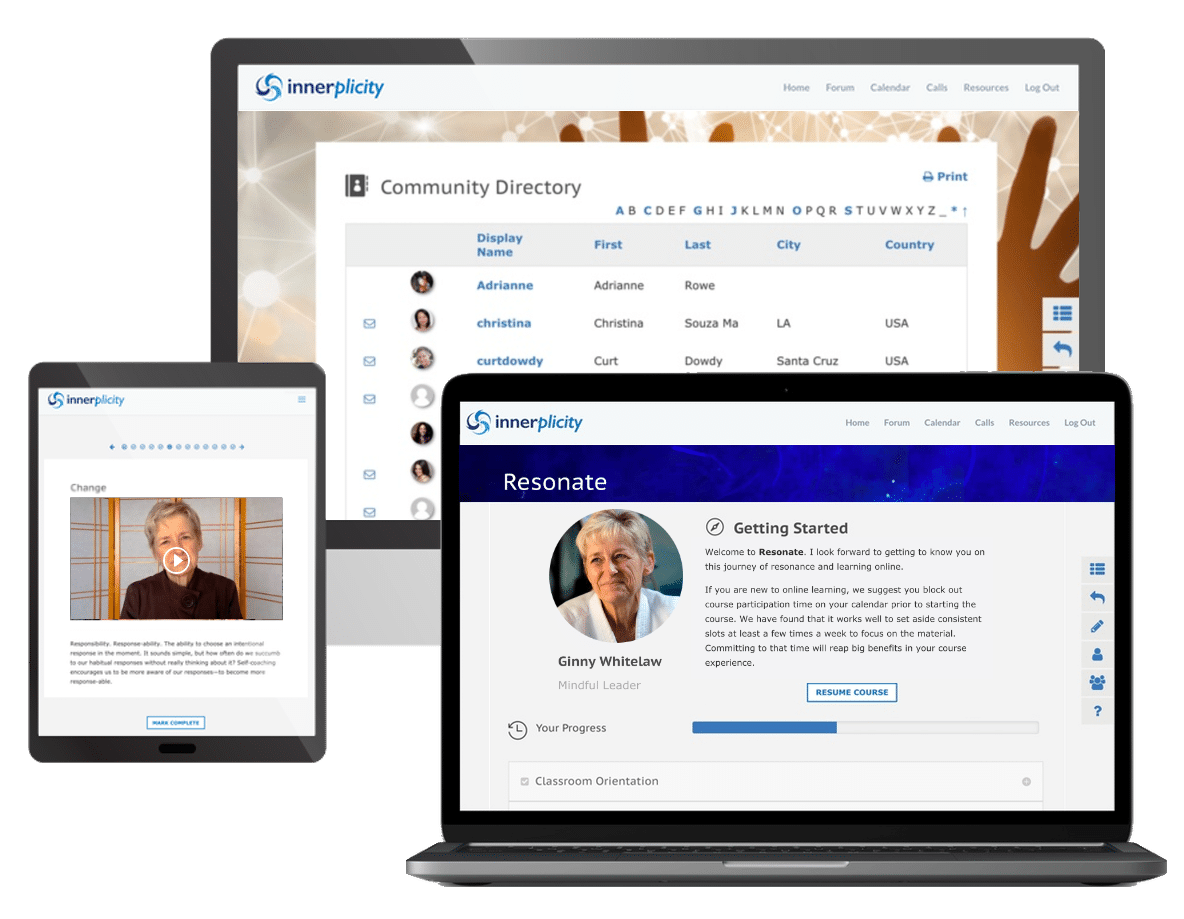


Learning the skills of Coaching and Facilitation are key to producing results, relieving stress, and moving up the career ladder as a manager or leader.
The most successful managers learn coaching skills and move away from ‘doing’ the day-to-day work. Often, leaders who get newly promoted to a management role ask, ‘what am I supposed to be doing if everyone else is doing the work?’.
3 Keys to focus on:
1. You need to be engaging each member of your team for high productivity. Did you know that in 2019 in the US, 52% of workers were ‘not engaged’? That means these people are psychologically not engaged with their jobs. They put in the time, but not the energy or passion, which leads to low rates of productivity. As a leader, you are responsible for helping each person find what truly engages them in their role and encouraging them to cultivate more of that mindset.
2. Try focusing on coaching and training each member of your team for excellence. A mark of a great leader is someone who helps their team become so successful that the leader can replace themselves from within the team, thus creating the opportunity to move on to their next leadership role.
3. It’s always best to facilitate time-efficient and effective meetings where good decisions get made. How many meetings are you in where people are distracted, sending emails/texts/reading something while in the meeting? If this is happening with you as a leader, you need to weed out the pointless subjects and focus on topics that are either crucial or compelling.
Learning the skills of Coaching and Facilitation are the keys to successful management and leadership. Without these skills, your leadership career and successes will plateau with no possibility of further advancement.
You don’t need to become a certified or credentialed coach, but you do need to understand:
➤ How to engage and motivate your team
➤ How to support them to become excellent
➤ How to work with them so that they love their roles and contribute maximum productivity
Learning and implementing these Coaching and Facilitation skills are vital to your ongoing success as you continue on your leadership trajectory.
Rebecca is the author of Creating High Performing Teams and Conscious Leadership and the Power of Energetic Fields. Founding Brompton Associates in 2008 her purpose is to support leaders to become more conscious and operate from their highest mindset. Creating sustainable and highly productive cultures.
The page you requested could not be found. Try refining your search, or use the navigation above to locate the post.
Learn to coach others and create a coaching culture for your organization. Navigate difficult conversations, run efficient meetings and deliver results. Feel inspired not tired!
6-Weeks Online
8hrs Est. Course time
Peer-group Networking
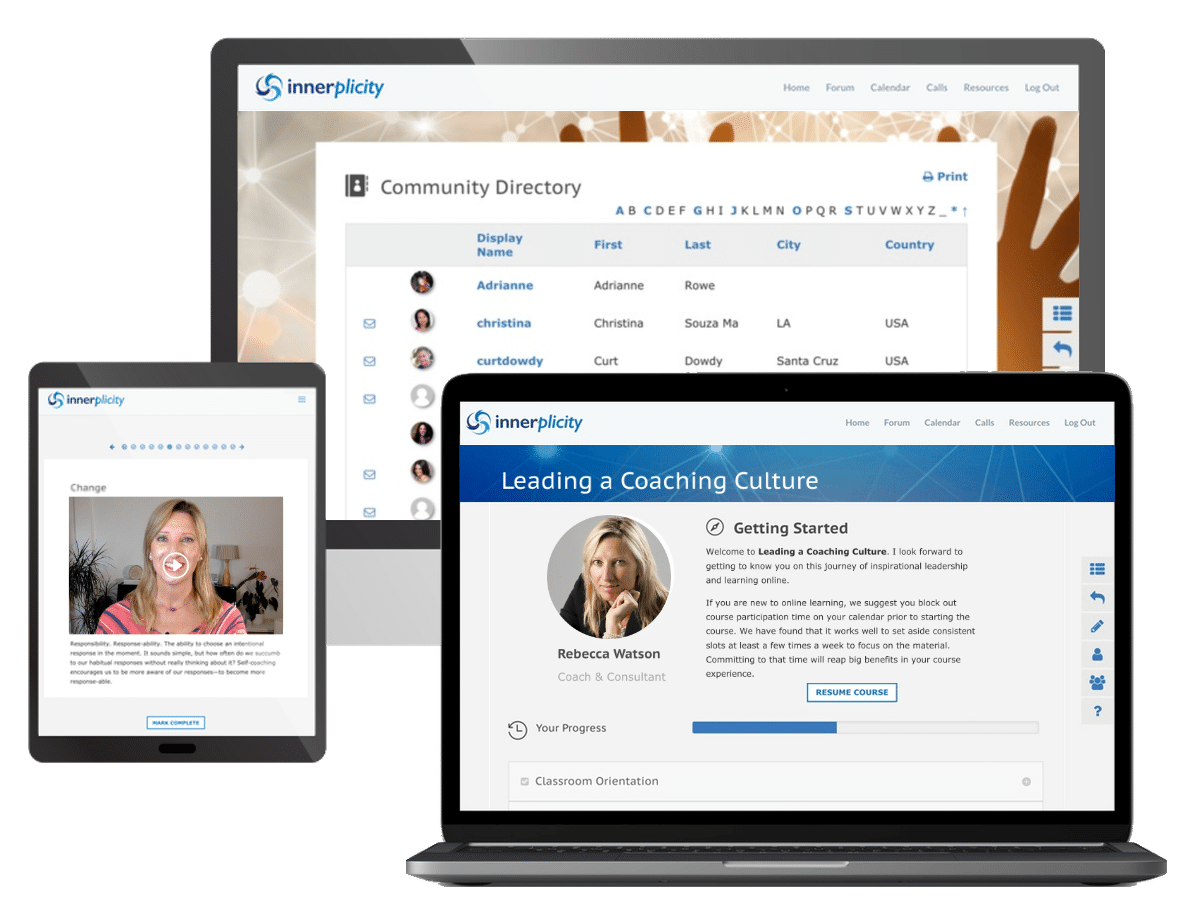


From Awareness to Action through Self-Coaching
Odds are your organization has sponsored one or more iterations of “diversity training.” It’s a sensitive topic and the impact of the training is often unclear. In many cases, participants are left uncertain how to turn their newly heightened awareness into action.
I’d like to share some thoughts about how organizations can more fully realize the benefits from their investments in DEI (Diversity, Equity, and Inclusion) training.
Many organizations pursue DEI training with noble intentions around creating workplace cultures where all employees experience psychological safety. They want everyone to feel comfortable being themselves — with no adjustments required to “fit in.” I applaud this pursuit.
The emphasis of such training is often primarily on raising awareness. For example, people are taught to see that implicit bias (I like the term “unintentional bias”) exists in all of us and that bias extends from individuals to the organizational level. They may also start to become aware of ways their own actions and underlying thought patterns may (un)knowingly contribute to the problem. It’s definitely a win!
But it’s only the first step. It doesn’t necessarily lead to taking different actions or creating new habits — real behavioral change. Participants are often left wondering, “how do I go about changing what I am now aware of?”
It turns out that behavior change is a key component of DEI success.* Based on decades of research, Patricia Devine (a psychology professor and the leader of the Prejudice and Intergroup Relations Lab at the University of Wisconsin-Madison), has determined that “prejudice is a habit that can be broken.”
Shifting entrenched behaviors is difficult — if not impossible — without a roadmap for behavioral change. That’s where an innovative program called Coach Your Self Up comes in. It teaches participants self-coaching skills, to do the critical “inner” work (on one’s mindset and thought patterns) to make lasting “outer” changes (in behavior). It’s all about behavior change.
Coach Your Self Up may be a perfect partner to DEI training. Now that so many companies have laid the groundwork by raising awareness, I’m excited about the opportunity to help employers provide their employees with self-coaching tools and approaches on “how” to make those individual behavioral changes a reality. It’s not the entire DEI picture, but it’s necessary for a more DEI-forward and self-aware culture.
* For a deeper dive on the importance of behavior change to DEI success, check out this article: Is This How Discrimination Ends?
A former global learning & development director at eBay, Mike is now CEO of The Unlimit Group, an executive coaching and leadership training company. Mike is also an active member of executive coaching cadres at Skyline Group International, Lee Hecht Harrison, and Sidekick.
The page you requested could not be found. Try refining your search, or use the navigation above to locate the post.
EMOTIONAL AGILITY A SKILL FOR OUR TIMES AGILITY: The ability to think and act quickly. Flexibility...
ONE LONG EXHALE IN YOU, ONE GIANT LEAP IN YOUR RESONANCE I invite you to let out a long, slow...
Practical self-coaching techniques to identify and break through self-limiting behaviors and thought patterns. Learn to be your own coach and take more ownership of your career development.
6-Weeks Online
12.5hrs Est. Course time
Peer-group Networking
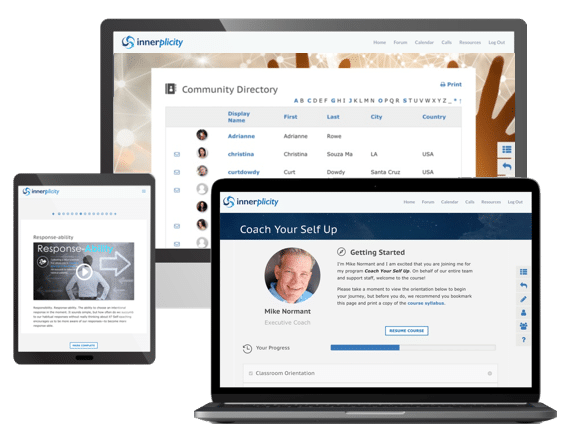

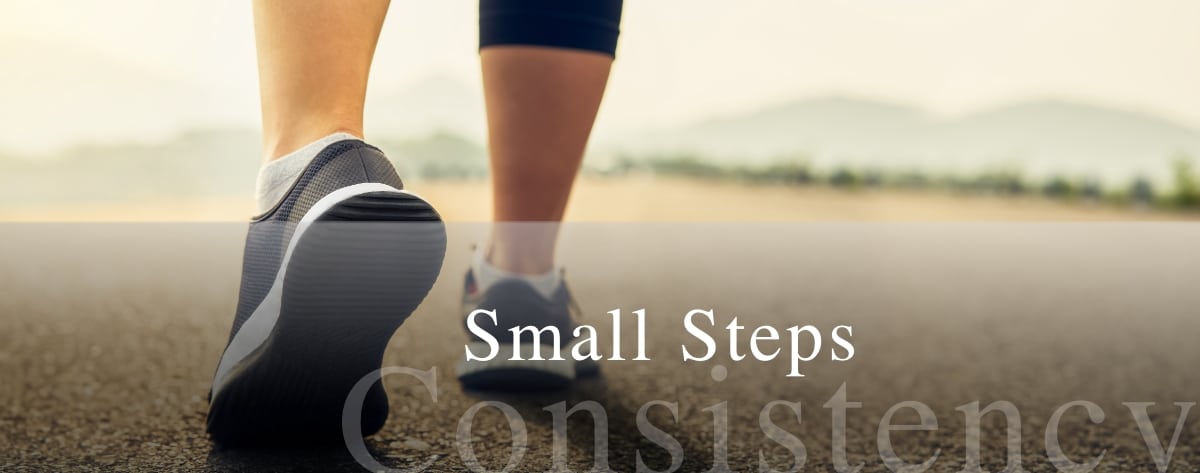
As we continue to manage through the pandemic and adjust what were our “daily routines”, I want to share a story that I think is relevant for many of us.
With Covid restrictions on fitness centers, I found the opportunity to continue to do distanced workouts outdoors with my trainer in a nearby park. I have come to enjoy these outdoor workouts. We’ve found creative ways to use park equipment to get a full workout in, even while I am still recovering from a broken pinky toe on my right foot.
Last week, my trainer directed me to do “step-ups” on the bleachers—but only to the bottom step, just 8 inches off the ground, which is much lower than I would normally do—so I turned to him and asked, somewhat facetiously, “Is this what I’ve been reduced to?”
“Yes”, he replied frankly. “With an injured foot, you just want to stay in the game”.
That resonated with me and, since then, I’ve been thinking about what “staying in the game” means, particularly in these uncertain and challenging times. Many of us feel limited in our efforts to take care of our work, our family, and ourselves. We can no longer connect face-to-face with our team or clients, and we are struggling to balance the newly blurred lines between our personal and professional lives while we continue to shelter in place. Any commitments we might try to make to ourselves to exercise, take time out for a break during the day, or pursue some new interest, seem to keep falling off our daily “to do” list.
So, what can we do to “stay in the game”, given all the demands on our time and how fast our world is changing? I don’t have the answer—but I do have a few suggestions derived from my own experience and what I am learning from the leaders I am working with:
Think about how you can “stay in the game” every day. I’d love to hear from you on this subject! Please join me in the InnerProfessional community of practice and then explore the resources or take part in our leadership study.
After spending 25 years leading Fortune 50 organizations and technology start-ups, Bobbie draws on positive psychology and her experience as a six-time Ironman triathlon finisher to help organizations navigate uncertainty and get ready for anything
Build leadership skills to navigate through the unrelenting uncertainty of our times. Learn practices that are science-based, scalable and easy to implement.
4-Weeks Online
6hrs Est. Course time
Peer-group Networking
